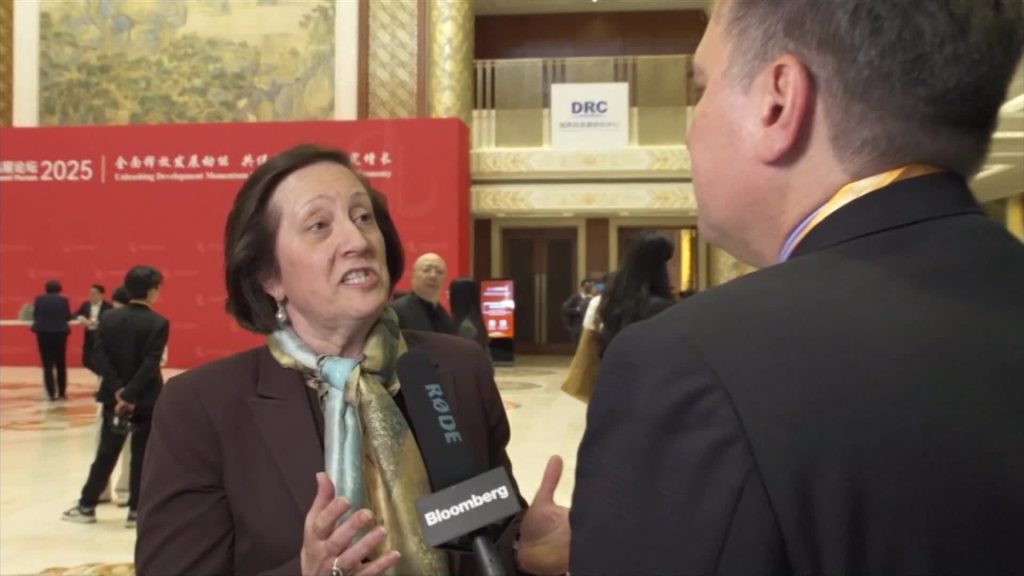Judy Marks, CEO of Otis, Warns Students Against Quitting Math and Science Too Early

Judy Marks, the CEO of the $38 billion elevator giant Otis, is urging students to keep their options wide open by staying committed to subjects like math and science throughout their schooling. In a recent podcast with Nicolai Tangen, CEO of Norges Bank Investment Management, Marks shared a crucial piece of advice: quitting math and science early can close off an entire career path, especially in STEM fields.
Marks, who has nearly 41 years of experience in the industry and has led Otis through significant milestones, explained that math and science are foundational to many of the most lucrative and innovative career paths. She warned that by stepping off the STEM track at a young age—often between 10 and 12 years old—students unintentionally limit their future opportunities. “It’s the only career you can actually, at 10 to 12 years old, take yourself off an entire future career path, whether it be in STEM or something else, by just getting off the math and science path,” she explained.
Marks believes that STEM subjects—science, technology, engineering, and math—offer the most direct routes to long-term career success and are especially important in industries that are currently dominated by men, such as engineering and manufacturing. Her own rise through the ranks in a traditionally male-dominated sector serves as a testament to the power of STEM education.
Marks has spent her career in industries that tend to attract more men than women, including elevators and escalators manufacturing. She noted that, in her nearly four decades of professional experience, this disparity in gender representation remains prevalent across many industries, even in sectors like telecommunications and consumer packaged goods. Despite this, she’s seen firsthand how women can excel and lead in these spaces.
She shared that the idea of a male-dominated industry is something she considers “normal,” stating that she has never felt treated differently from her male counterparts. Marks attributes this to her focus on leadership and problem-solving. She explained, “To me, this is just my normal. There are problems to be solved, there are businesses to be led.”
While Marks acknowledges that there are certainly challenges for women in these industries, she remains optimistic about the potential for change, especially when it comes to ensuring women have access to opportunities. “They need to perform, but they can, and I don’t understand how some companies or other organizations would not want access to half the world’s talent,” she said, emphasizing the importance of tapping into the full potential of both men and women in the workforce.
As part of her commitment to improving gender representation in male-dominated industries, Marks has worked to create STEM programs that encourage young women to pursue careers in these fields. According to Marks, the earlier students are exposed to STEM opportunities, the more likely they are to succeed in these high-demand industries. “There are opportunities from pretty early in life for STEM programs, which women should be taking advantage of,” she urged.
Marks’ advocacy for women in STEM, along with her advice to young students to stick with math and science, is a call to action for both educators and employers. She believes that keeping STEM subjects as core areas of focus in early education will help ensure that the next generation of leaders is well-equipped to tackle the problems of the future.
Her message is clear: by staying in math and science, students keep their doors open to the countless opportunities that STEM careers offer, regardless of gender or industry. And for companies, it’s not just about improving diversity—it’s about ensuring they are drawing on the best talent available.

